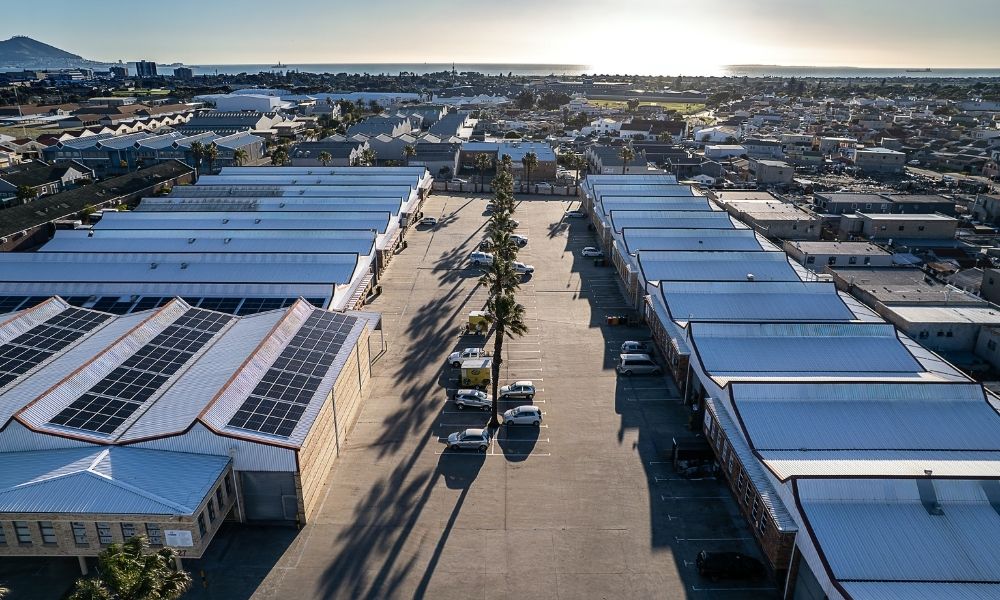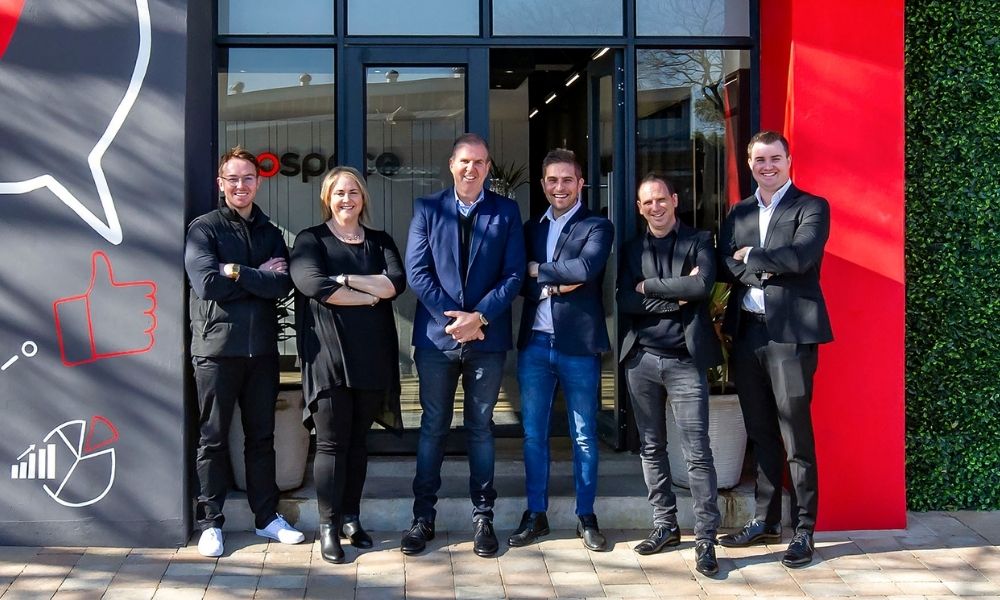Inospace eyes growth in micro-logistics as tenants demand smaller facilities
Smaller South African businesses are downscaling to smaller logistics spaces with options for short-term additional space, according to an Inospace survey.

Inospace, South Africa’s leading owner and operator of serviced logistics parks, says many small businesses are turning to smaller or micro-logistics spaces to contain costs.
According to the company’s online research, which surveyed 1 827 tenants across over 50 logistics parks, tenants are looking for smaller facilities, measuring between 50m2 and 300m2, due to a high inflationary and interest rate environment and economic malaise which have affected their businesses.
Inospace CEO Rael Levitt says the company started surveying its current and prospective tenants following the effects of the Covid-19 pandemic to guide its asset management strategy.
“Our business model is based on purchasing under-valued, high-yielding secondary industrial properties that can be repositioned as multi-tenanted assets with diversity of income,” says Levitt.
He explains that a growth driver for Inospace has been converting traditional industrial space into smaller last-mile logistics units, which achieve up to 200% of the surrounding area’s rental rate.
Amid a challenging economic environment, Inospace has continued to show double-digit rental growth with little resistance from tenants because of its innovative business model.
Smaller units within the Inospace portfolio are achieving rental growth of between 11% and 12% with larger spaces growing at 6%.
More than 55% of Inospace’s customers are smaller businesses with less than 10 employees. “These customers want a range of options, including additional on-demand space and a range of value-added professional services.”
Levitt says the most popular last-mile logistics units range from 150m2 to 300m2.
“We have seen that 15% of our tenants lease more than one unit and want bigger space as their companies grow. This has been our sweet spot, with high rental rates and no direct local competition.”
Furthermore, the company has refined a propriety pricing product model similar to hotels and storage facilities. This model guides the way in which rental rates are determined based on customer demand and occupancy levels.
To assist small and medium-sized businesses with their warehousing and distribution needs, Inospace launched its first e-commerce fulfilment and outsourced warehousing facility at one of its existing properties – Island Works Logistics Park in Paarden Eiland, Cape Town.
“We are seeing growing demand for a hybrid product offering of fixed leases and the ability to outsource overflow or seasonal stock to Inospace’s shared warehousing facilities,” says Levitt.
Established in 2017, the company has over 50 branded logistics parks in Cape Town and Johannesburg which are supported by an integrated technology platform that generates 92% of sales leads.
This technology platform, which Inospace plans to offer to other property owners, has not only automated its entire leasing process, but also enables the company to interact directly with its customers.
In 2022, Inospace concluded a R1.25bn joint venture with Fortress Real Estate Investments – a transaction which has resulted in older industrial buildings being converted, branded and repositioned to offer several unique business and logistics hubs.
Levitt says Inospace has 55 000m2 of space to be converted from larger warehouses into micro-logistics spaces – an effective strategy that extracts value and drives general growth of the asset.
Additionally, Inospace will pocket about R23m on non-rental income from commercial parking storage, yard spaces, shipping container rentals and handling the logistics for e-commerce companies.
“The success of Inospace is underpinned by its highly effective operational technology platform, which enables critical data needed to inform its asset management strategy,” adds Levitt.


